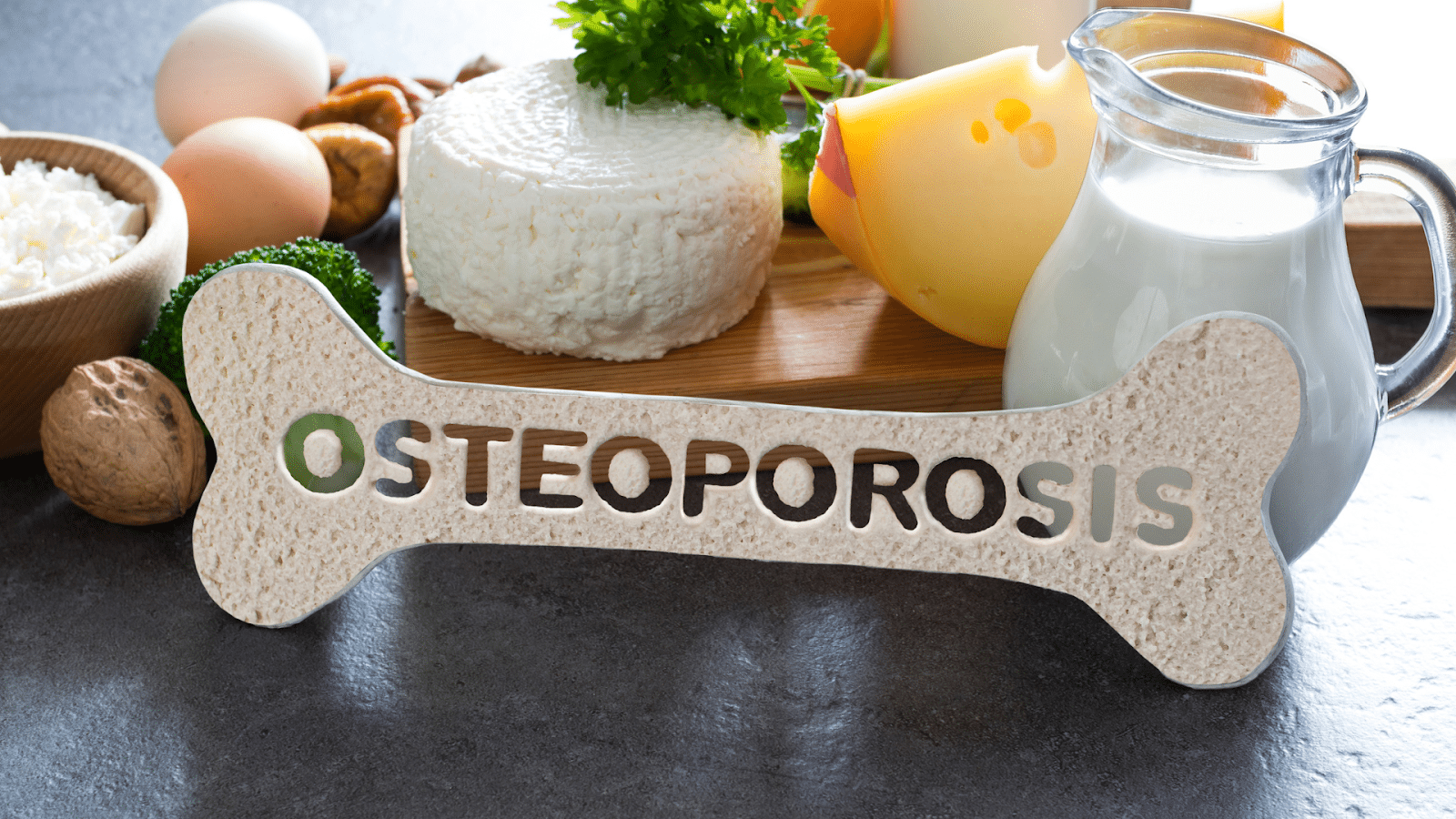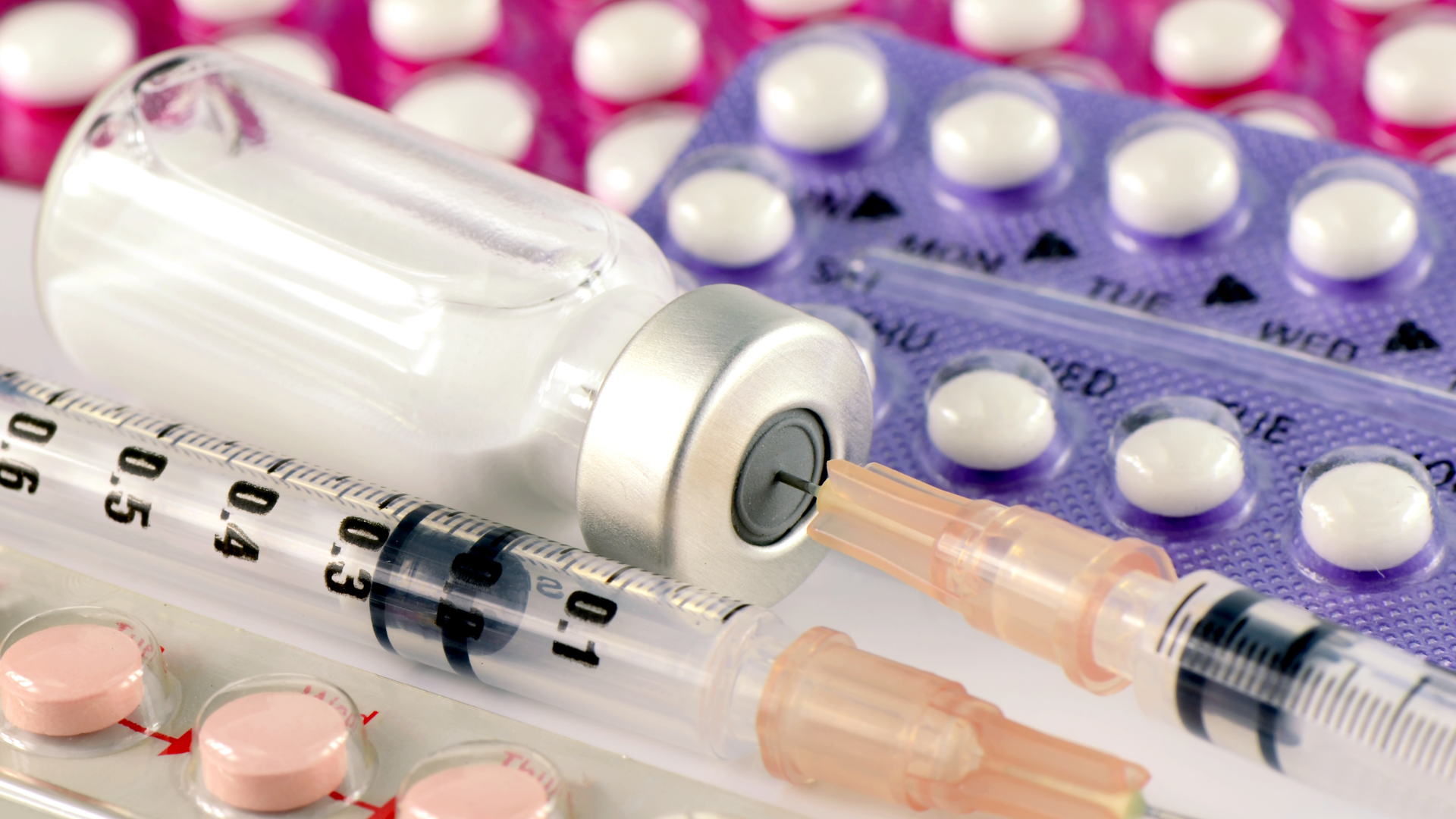
Osteoporosis, a condition characterized by weakened bones and an increased risk of fractures, affects millions globally. According to the International Osteoporosis Foundation, 12.6% of adults aged 50 and over have osteoporosis of the hip, spine, or both, with a higher prevalence among females (19.6%) than males (4.4%).
Depo Provera, a well-known contraceptive injection containing the hormone progestin (medroxyprogesterone acetate), is administered every three months to suppress ovulation, offering a convenient birth control method for many. However, it has been linked to an increased risk of osteoporosis and bone density loss in users.
This article will explore the connection between Depo Provera use and the increased risk of developing osteoporosis.
Key Takeaways
- Depo Provera, a contraceptive injection, has been linked to an increased risk of osteoporosis and bone density loss, especially with long-term use.
- Healthcare professionals should advise patients about the potential risks to bone health and discuss methods to mitigate these side effects.
- Monitoring and managing bone health, including regular bone density tests and lifestyle changes to support bone strength, is crucial for women using Depo Provera.
- Alternative contraceptive options, such as non-hormonal methods or low-dose oral contraceptives, should be considered for those at higher risk of osteoporosis or experiencing significant bone density loss.
- Patients should be educated about proactive measures to manage the impacts of Depo Provera on bone health while supporting their contraceptive needs safely.
About: DoctorMedica is your trusted supplier of top-quality dermal fillers, viscosupplements, and more for your medical practice. We offer genuine products from leading brands at the lowest prices in the market. If you’re looking to buy Depo Provera wholesale for your practice, the sales representatives at Doctor Medica can give you guidance.
How Depo Provera Affects Bone Health
Medroxyprogesterone acetate, the key ingredient in Depo Provera, plays a significant role in bone health. This hormone affects how your body keeps bones strong. It can lower bone density by changing how bones renew themselves.
Studies show that Depo Provera users face an increased risk of osteoporosis and fractures. Evidence points to a noticeable decline in bone density among women who use this birth control injection, especially with long-term use.
Healthcare professionals must weigh these risks against benefits when advising patients. Women at higher risk for osteoporosis due to family history or other factors should be informed about potential bone density loss from Depo Provera.
Monitoring and Managing Bone Health
Depo Provera, a contraceptive injection, may pose various risks to overall health. Aside from affecting bone density, professionals have also found a connection between Depo Provera and endometriosis. Moreover, it can also cause decreased bone density and an increased risk of osteoporosis.
There is no established indication for routine bone density measurements with Depo Provera use. However, individual assessment based on risk factors may be more beneficial than scans when deciding whether to use this contraceptive.
Healthcare providers should use clinical judgment to assess the appropriateness of Depo Provera use, considering the benefits and risks.
Strategies for Mitigating Bone Loss
To mitigate bone loss while using Depo Provera, patients should adopt several strategies:
- Calcium and Vitamin D Intake: To support bone health, ensure adequate calcium and vitamin D intake through diet or supplements. The recommended daily intake for adults is 1,000-1,200 mg of calcium and 600-800 IU of vitamin D.
- Weight-Bearing Exercises: Engage in regular weight-bearing exercises, such as walking, jogging, and strength training, to help maintain bone density. These activities stimulate bone formation and strengthen the musculoskeletal system.
- Lifestyle Modifications: Avoid smoking and limit alcohol consumption, as both can negatively impact bone health. Maintaining a healthy weight is crucial for reducing the risk of bone loss.
Alternative Contraceptive Options

For individuals at higher risk of osteoporosis, alternative contraceptive options that do not negatively impact bone density are recommended. These options include:
- Oral Contraceptives: Combination birth control pills containing both estrogen and progestin can help maintain bone density. Estrogen in the pills can counteract the bone loss associated with Depo Provera.
- Intrauterine Devices (IUDs): Non-hormonal copper IUDs and hormonal IUDs (like those releasing levonorgestrel) are effective and safe alternatives that do not affect bone density.
- Barrier Methods: Condoms, diaphragms, and cervical caps offer non-hormonal contraception and are suitable for individuals concerned about bone health.
- Implants and Patches: Contraceptive implants and patches that release hormones may be considered, although their impact on bone density varies and should be discussed with a healthcare provider.
When counseling patients about contraceptive options, an individualized approach is essential. Discuss their specific risk factors, preferences, and medical history. Educate them on the potential impact of hormonal contraceptives on bone health, emphasizing informed decision-making.
Consider dual protection by combining a non-hormonal method with a hormonal one to provide effective contraception while minimizing bone-related risks. Personalized counseling is crucial to help patients make well-informed choices that suit their needs.
Conclusion
Depo Provera can increase the risk of weakened bones and fractures. Doctors must discuss this risk with patients and consider alternative birth control options if needed. Understanding these risks allows for proactive bone health management.
Several contraceptive choices offer reliable birth control while maintaining bone strength. Making informed decisions is essential for long-term well-being.
FAQs
1. What is Depo Provera, and how does it relate to osteoporosis?
Depo Provera is a type of birth control injection. Research has shown that its use may induce a higher risk of developing osteoporosis, which weakens bones.
2. How significant is the increased risk of osteoporosis with Depo Provera usage?
While studies have indicated an elevated risk, the exact increase can vary depending on factors such as duration of use and individual health conditions. It’s important to discuss these risks with your healthcare provider.
3. Can I reduce my chances of getting osteoporosis while using Depo Provera?
Yes! Maintaining a healthy lifestyle, including regular exercise, adequate calcium intake, and avoiding smoking or excessive alcohol, can help lower one’s overall risk for osteoporosis.
4. Should I stop using Depo Provera if I’m concerned about osteoporosis?
It’s always best to consult your doctor before changing your medication regimen. They can provide personalized advice based on your specific situation and health history.
References
National Center for Biotechnology Information. (2017, March 6). Osteoporosis: The evolution of a diagnosis. Retrieved July 9, 2024, from https://www.ncbi.nlm.nih.gov/pmc/articles/PMC5335887/
Rachner, T. D., Khosla, S., & Hofbauer, L. C. (2011). Osteoporosis: now and the future. The Lancet, 377(9773), 1276-1287.
Cromer, B. A., Blair, J. M., Mahan, J. D., Zibners, L., & Naumovski, Z. (1996). A prospective comparison of bone density in adolescent girls receiving depot medroxyprogesterone acetate (Depo Provera), levonorgestrel (Norplant), or oral contraceptives. The Journal of Pediatrics, 129(5), 671-676.
Related Articles
Joanna Carr
Meditoxin Side Effects – The Complete List
Understand the full spectrum of Meditoxin side effects, from mild injection-site reactions to rare systemic complications. Stay informed before treatm...
Joanna Carr
Restylane Lyft Vs Juvederm: Target Areas, Comparison, And Reviews
Have an interest in learning about Restylane Lyft Vs Juvederm Target Areas, Comparison, And Reviews? Browse Doctor Medica's extensive archive of blog ...
Joanna Carr
Behind Hyacorp Filler: Understanding its Safety and Efficacy
Explore the safety and efficacy of Hyacorp filler. Learn more about its benefits and applications at Doctor Medica.


